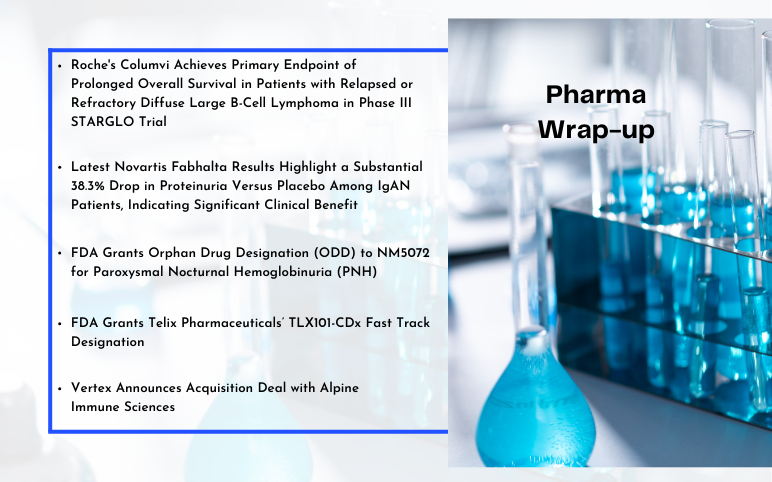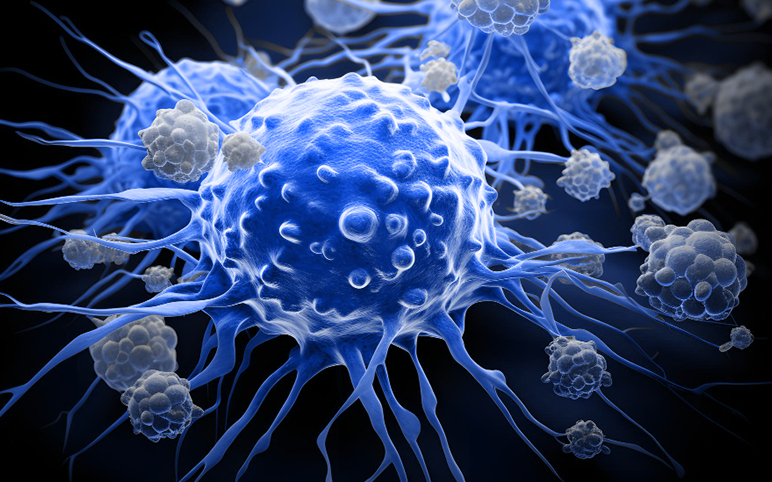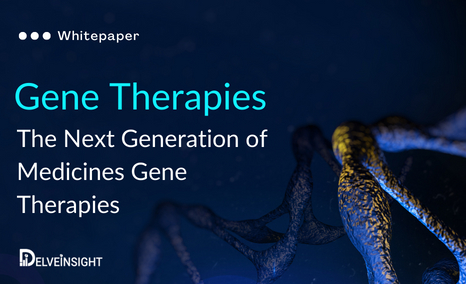NF-κB (Nuclear Factor kappa-light-chain-enhancer of activated B cells) is a protein transcription factor that can orchestrate complex biological processes such as cell survival, cytokine production, inflammatory response and cellular responses. NF-κB is also involved in producing the synergistic immune responses.
NF-κB inhibitors has a great scope in the wide areas. NF-κB has a robust role in cellular stress, immune responses, inflammation and its mediators playing a significant role in various indications such as cancers, autoimmune diseases, addictions, inflammations, etc. Looking at the functions and targets of NF-κB, it is under a keen inspection for developing the various interventions. NF-κB inhibitors holds a promising place for the further developments.
- NF-κB is active in tumor cells either due to mutations in genes encoding the NF-κB transcription factors themselves or in genes that control NF-κB activity. Blocking NF-κB can cause tumor cells to stop proliferating, to die, or to become more sensitive to the action of anti-tumor agents. Thus, NF-κB is the subject of much active research among pharmaceutical companies as a target for anti-cancer therapy
- In cancer, mechanisms that regulate gene expression in response to inflammatory stimuli are altered to the point that a cell ceases to link its survival with the mechanisms that coordinate its phenotype and its function with the rest of the tissue
Currently, various companies are working in this area contributing towards a strong pipeline of about 12+ active products. Companies like AnGes, MedDay Pharmaceuticals and Reata Pharmaceuticals, are the key players amongst the developers of the late-stage emerging therapies followed by Constellation, Catabasis, Neurmedix and others. AnGes and Catabasis are leading in the development of maximum number of NF-kB Inhibitors.
Some of the key emerging therapies are as follows:
- Reata’s Bardoxolone Methyl is under development by Reata Pharmaceuticals in late clinical stage has received Sakigake priority review designation Japan for the treatment of diabetic kidney disease (DKD). Also, the drug has been awarded by Orphan Drug Designation by USFDA for various indications such as Pulmonary Arterial Hypertension, Pancreatic Cancer, and others. These designations points towards the potential chance of the drug to emerge as successful therapy
- AnGes’s AMG0101 has completed the phase III trials (ointment) in Japan for Atopic Dermatitis. The same drug is under phase I trial for Low Back Pain due to Disc Degeneration in United States
- MedDay Pharmaceuticals’ MD-1003 is under Phase III stage of development as the most promising emerging therapy for the future
- Catabasis’s Edasalonexent (CAT-1004) is being evaluated for phase II clinical studies by Catabasis Pharmaceuticals. The potential candidate has been awarded with orphan drug, fast track and rare pediatric disease designations for the treatment of Duchenne muscular dystrophy (DMD) The U.S. Food and Drug Administration (FDA) and orphan medicinal product designation by the European Commission (EC). This signifies the promising future CAT-1004
The pipeline of NF-kB inhibitors has to emerge with the advancement and rapid development in the research and knowledge. Most of the drug candidates in the NF-kB inhibitors therapeutics pipeline are being developed as small molecule using synthetic source. Currently, the companies are focusing on developing target specific and personalized medicine for the better treatment with reduced adverse events. Thus, NF-kB inhibitors therapeutics pipeline is likely to grow significantly, in the future, for the treatment of various diseases including cancer and chronic inflammation.
Rakhee Varshneya
Associate Analyst









-Agonist.png)


